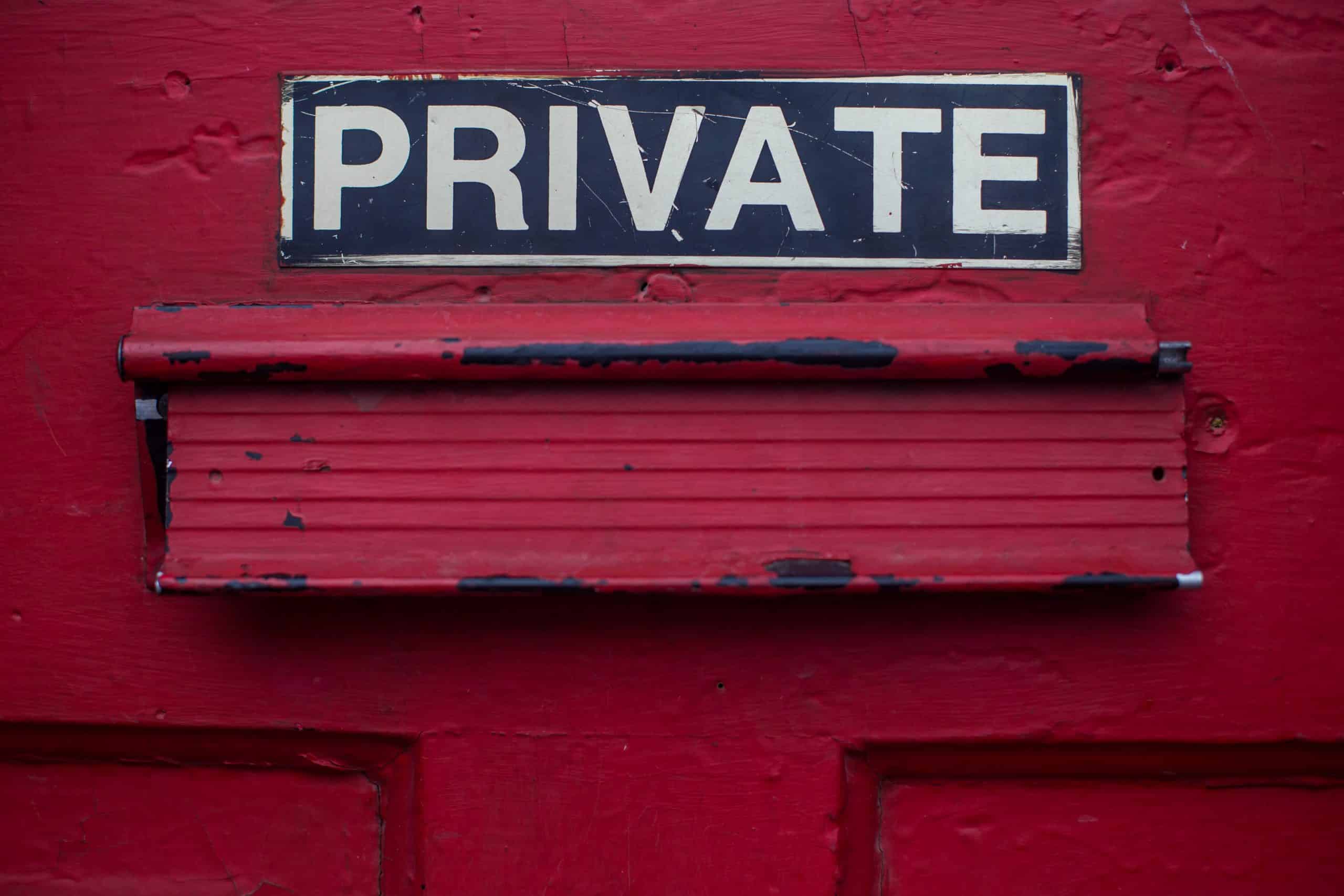Are you worried that someone is going to steal your business secrets? Do you know how to protect your confidential information?
Good news, there’s a powerful weapon you can keep in your business arsenal: a Non-Disclosure Agreement (NDA).
But what is an NDA and when might you even use it?
This article will give you a quick overview of everything you need to know.
What is an NDA?
An NDA is an agreement between two or more parties not to disclose confidential information to other people.
If you want to protect your ideas, trade secrets or sensitive information from being copied or stolen, a Non-Disclosure Agreement is essential.
Even if you’re just in early discussions with another party, you should get one signed to be safe.
An NDA can be one way (one party discloses information to another party) or mutual (both parties agree not to share the other’s sensitive information).
Do I need one?
An NDA is critical in protecting your valuable intellectual property and confidential information.
During the course of business, you might reveal business secrets, designs, ideas, or other information which is integral to your success. Having an NDA gives you a legal right of recourse if someone misuses or shares the information, or sets up a competing business using that information.
When should I use an NDA?
Common examples of when you might use one include:
- hiring an employee or contractor
- negotiating a contract with another business
- pitching to investors
- sharing commercially sensitive information with suppliers or partners.
If you’re planning on registering a design, patent or other right, you may require an NDA to ensure that you’re still eligible for registration. For certain applications, such as patents, you’re idea must remain secret before applying.

Do I need an NDA if there’s already another contract in place?
Usually, an NDA is used where there is no other contract in place. It covers the time between when you approach the other party and when they sign on with you.
Once the other party has signed a contract with you, that contract should have strong confidentiality and intellectual property clauses that provide equivalent protection.
However, if there’s no contract in place, then there’s no confidentiality provision covering you, so you would need an NDA to protect your confidential information.
How long does an NDA last?
The duration can vary depending on what you are using it for. There is no standard length of time – you could set the term for 1 year, 2 years, 5 years or indefinitely (in perpetuity).
What happens if an NDA is breached?
If someone signs an NDA but then fails to keep the confidential information secret, this may be a breach of contract.
When a contract is breached, a claim for damages (monetary compensation) will arise. You will be entitled to pursue the other party for breach of your agreement. You may also be entitled to additional remedies.
Next Steps
If you have confidential or valuable information you’d like to protect, you can talk to us about your business by booking a discovery call here.



